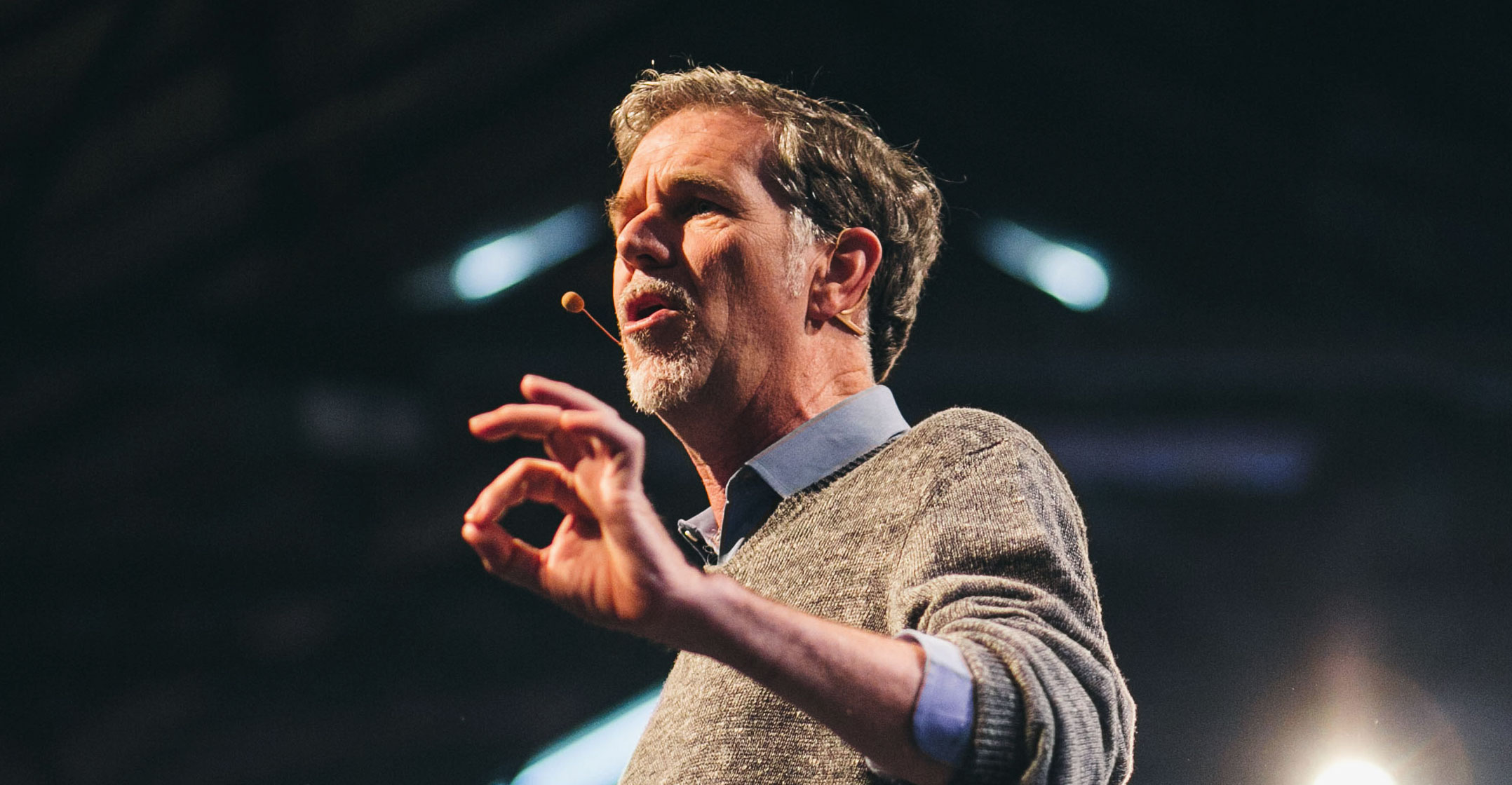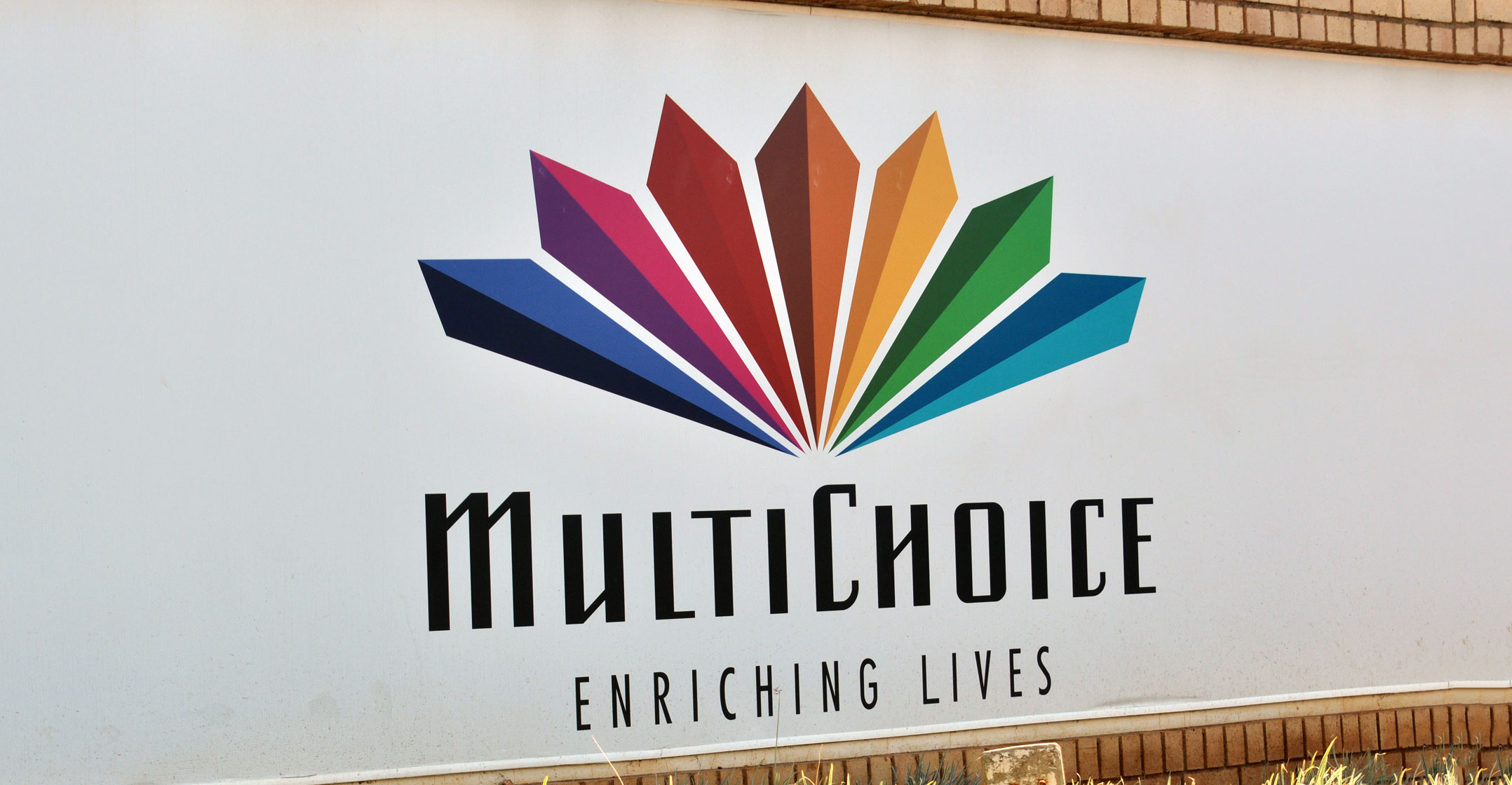
Netflix is making significant inroads in South Africa, disrupting pay-television behemoth MultiChoice by providing a cheaper, more convenient and non-linear way of watching TV content.
The streaming content provider is drawing more and more consumers away from the incumbent, as it has done to other pay-TV operators across the world. This is happening despite the absence of live sport. If the UK, where Netflix currently has more young viewers than all BBC channels combined, is any indication, then South Africa’s free TV and linear pay-TV providers are now in trouble.
Welcome to the digital revolution. If previous industrial revolutions are anything to go by it will bring great benefits to humankind, the most important of which is rising household income due to productivity growth. There will also be disruption in the short term, but we should be far better off in the long run.
In South Africa, how do we manage this disruption? What should local companies do to improve their chances of survival against these digital giants?
The first task is to understand what you are up against. Research suggests that industries are increasingly described as “winner take most”, where a small number of firms take a very large share of the market. Although weak antitrust enforcement over an extended period has played a part, those industries most disrupted by the shift to digital display other characteristics that we have not necessarily seen before.
Network effects, where large “positive spillovers from having many customers use the same product”, have propelled companies such as Facebook and Google toward achieving global dominance in an extraordinarily short period of time. In the past, the dominant manufacturing firms relied on large amounts of capital to gradually achieve scale and become low-cost producers.
The giant platform companies of today, mostly in technology services, need surprisingly little capital. The combination of weak antitrust enforcement, and a rapid rise to dominance of capital-light digital firms, means that traditional companies have an intense period ahead as they speedily adopt digital processes to increase their productivity scores.
The second task is to appreciate that these old and new firms do not necessarily operate under the same rules. Facebook’s enormous data leak of the personal details of 87 million people resulted in no financial penalties, whereas BP’s Deepwater Horizon oil spill has cost the company US$65-billion in fines and redress.
Regulatory no-man’s land
As crude as this comparison may be, the reality is that social media, search, online travel, online retail and many other digital industries are young — and the authorities, in many cases, haven’t established a way to regulate or police them.
The European Union has started doing something through the General Data Protection Regulation, and Australia is not far behind. However, for the most part, these new digital players are operating in a regulatory no-man’s land. And this is where the old companies need to speak out about unequal playing fields.
The banking industry in Europe, which is yet to recover properly from the global financial crisis, is finding its voice as fintech and big tech companies threaten to pick the eyes out of an already weak business model, with the lucrative payments segment being the target. Old-fashioned bankers contend that e-wallets are another form of deposit-taking and should thus be regulated accordingly.

In the US, retailers have long complained about an exemption that allows online retailers not to charge sales tax in states where they do not have a physical presence. With endless such examples across the globe, the disruptors themselves are, sadly, too often only a handful of US and Chinese firms.
How a predominance of US and Chinese global disruptors will square with a world of rising nationalism is also hard to fathom. Indian Prime Minister Narendra Modi’s government may be desperate for foreign investment, but does it really want two US-owned firms — Amazon India and Flipkart (Walmart) — dominating the nascent e-commerce market in India?
India’s sole traders are estimated to carry out around 90% of the country’s retail. As for Europe, no European firm makes the list of the largest digital disruptors across the globe.
This brings us back to Netflix and South Africa. In his youth, Netflix CEO Reed Hastings taught mathematics in Swaziland. He is much admired and respected for his contributions in business and society. But unlike MultiChoice, his company doesn’t have to produce any local television content. Nor does it have any black economic empowerment ownership requirements.
The digital revolution should bring great benefits to humankind in the long run, but the long run may be too far off for many South Africans. While embracing the promise of digital, we should do all we can to minimise disruption in the short term by trying to create a level playing field for both old and new companies.
- David Gibb manages the Anchor Worldwide Flexible Fund and heads the global tech unit at Anchor Capital
- This article was originally published on Moneyweb and is used here with permission

